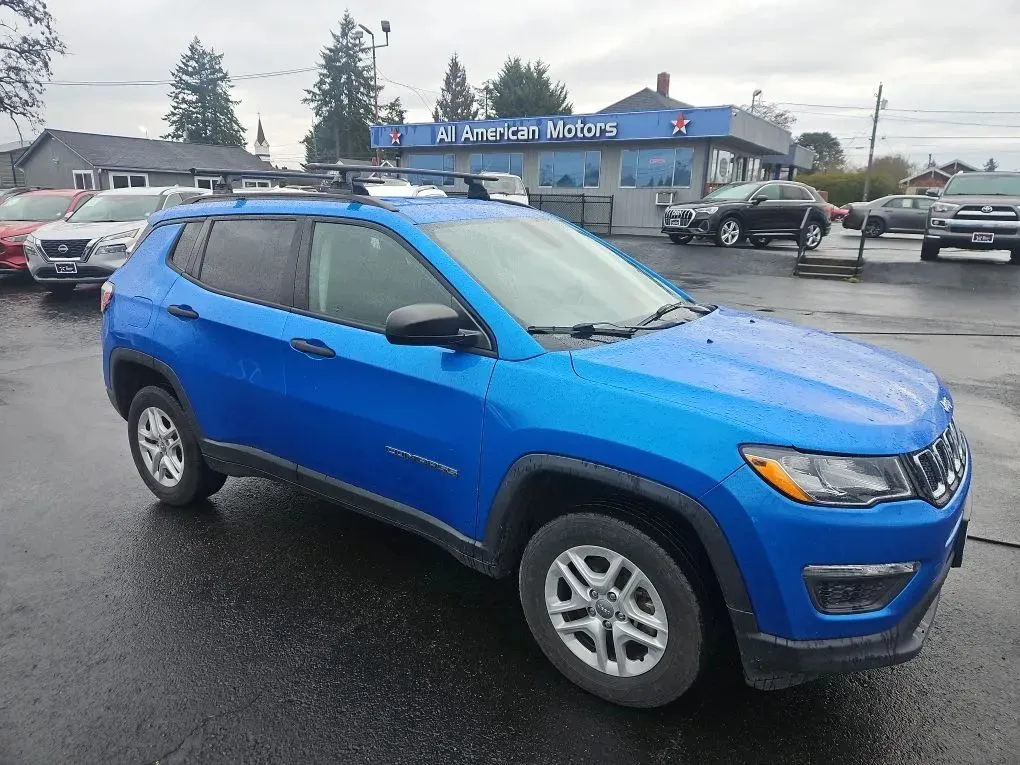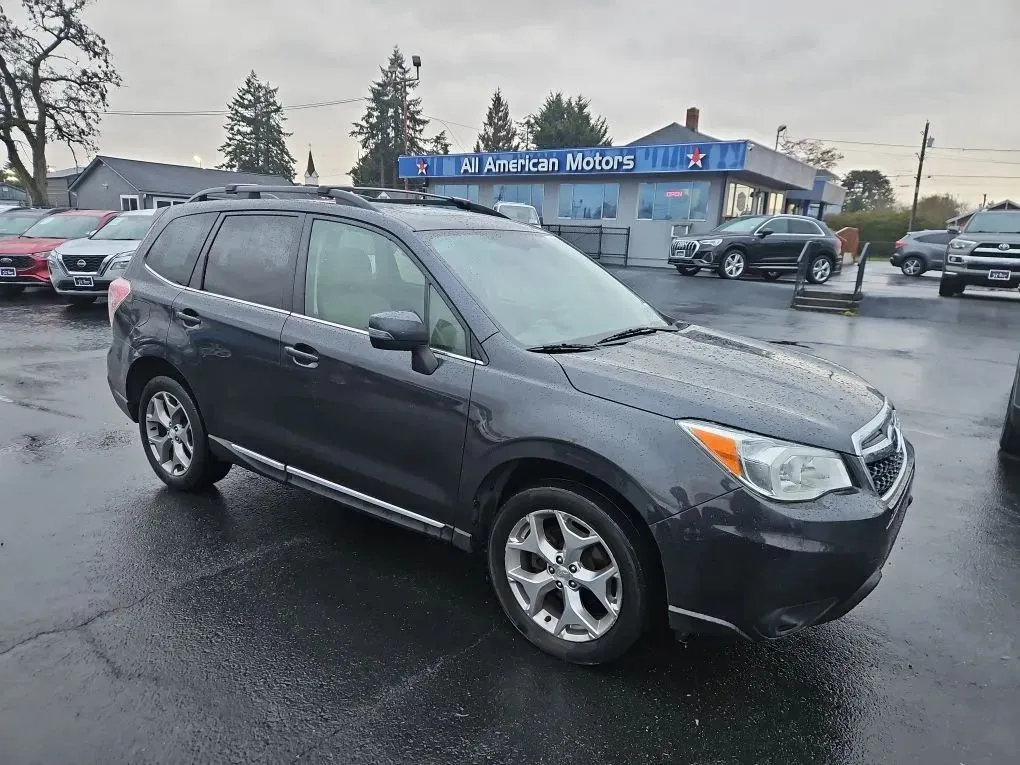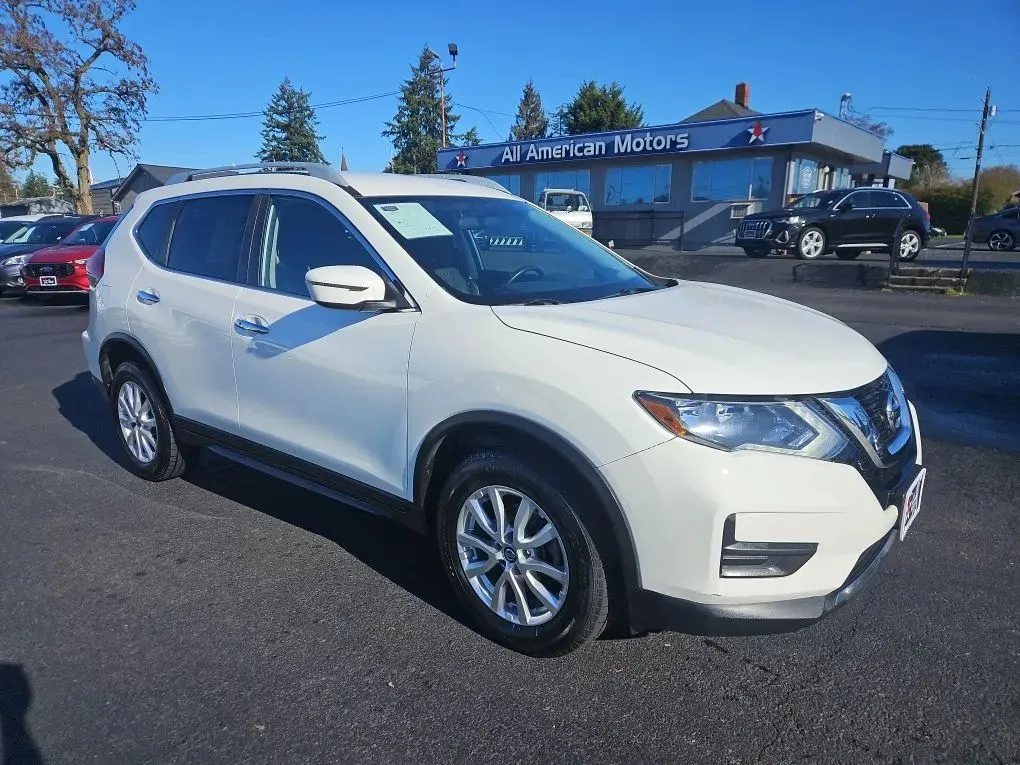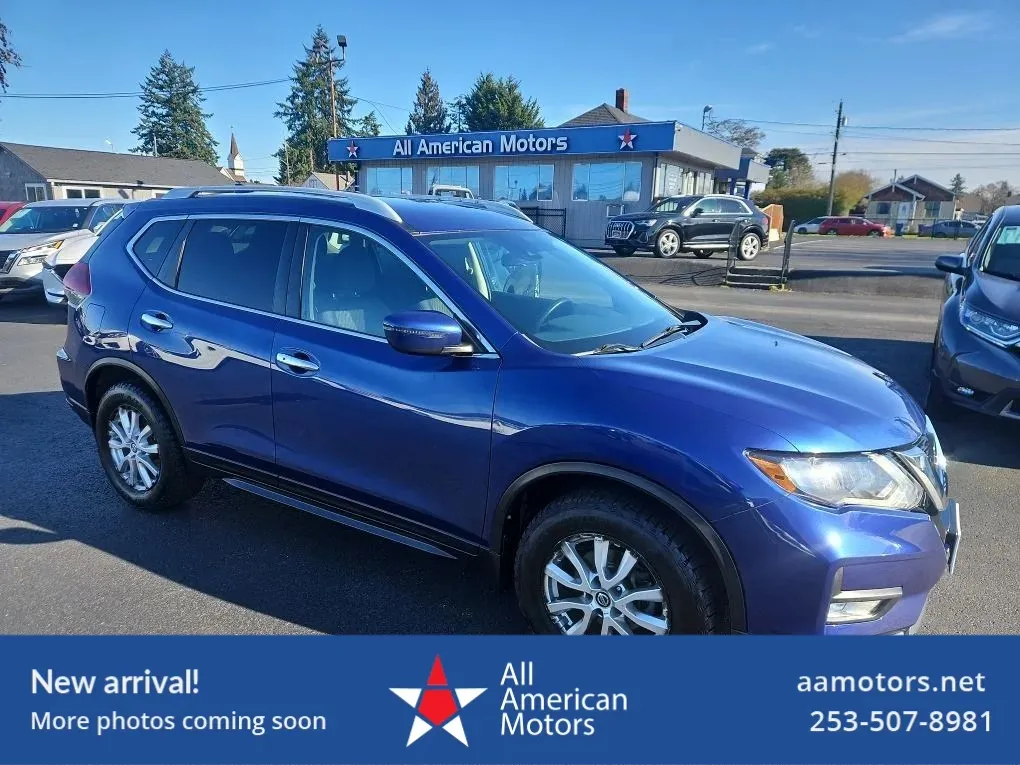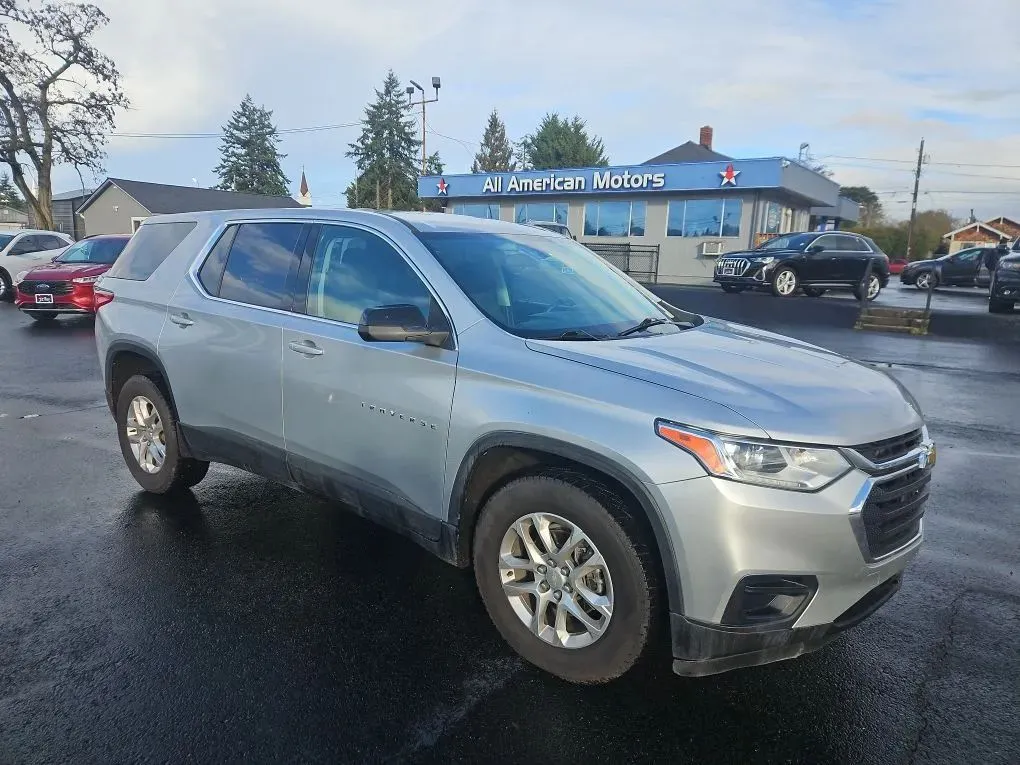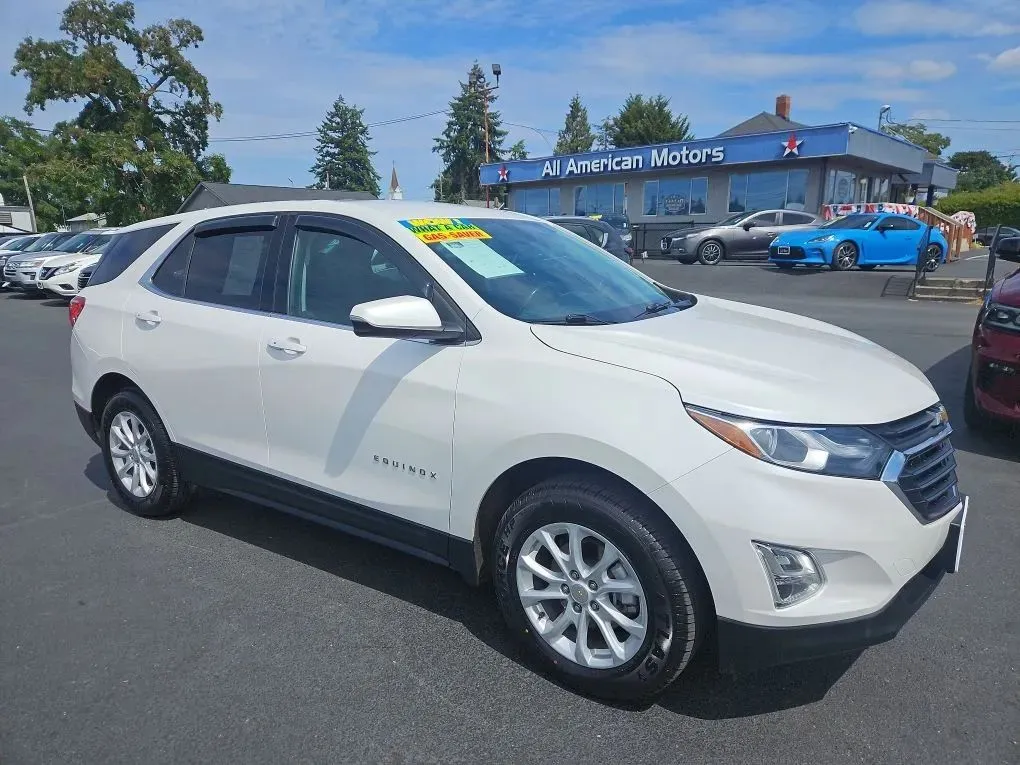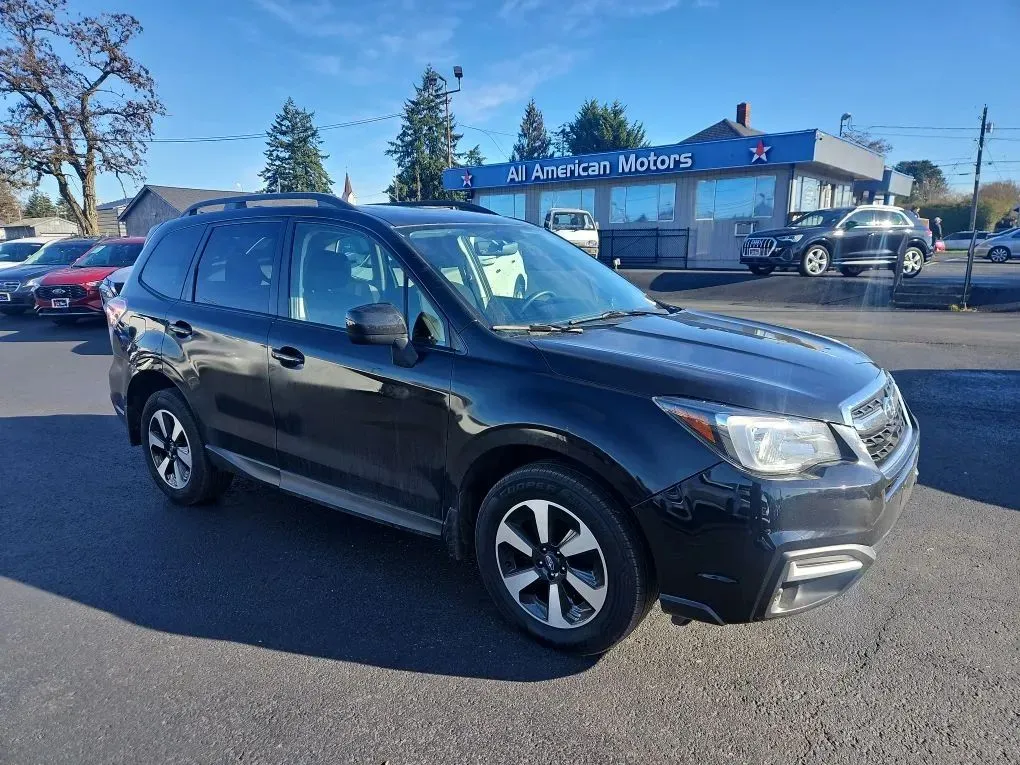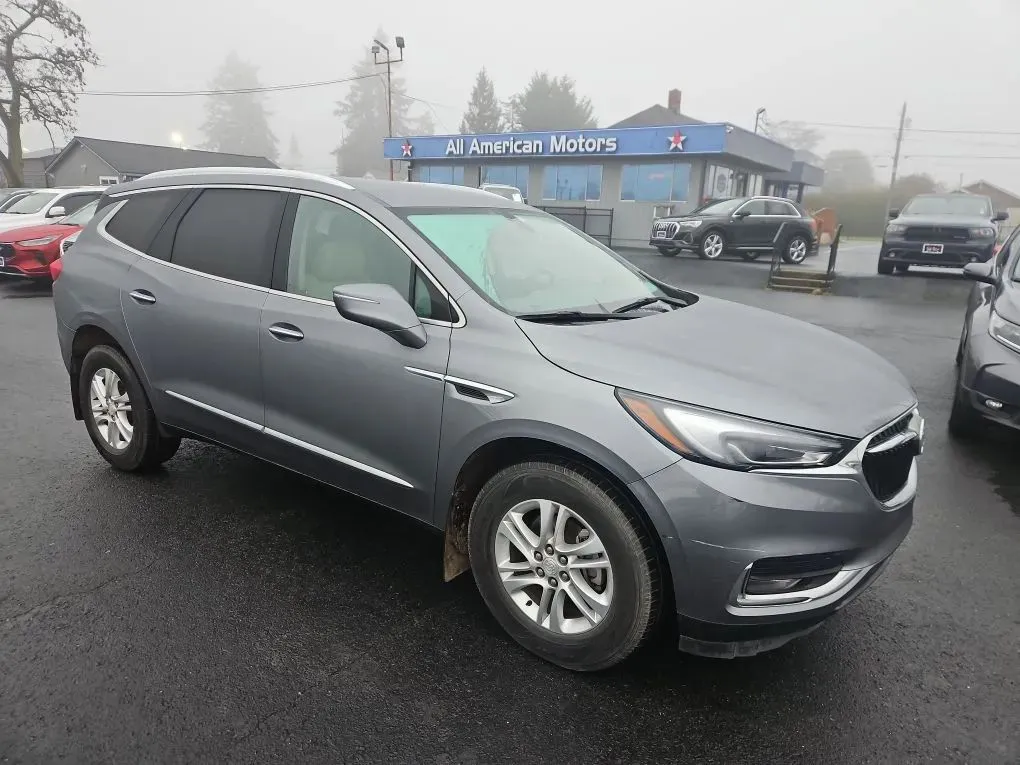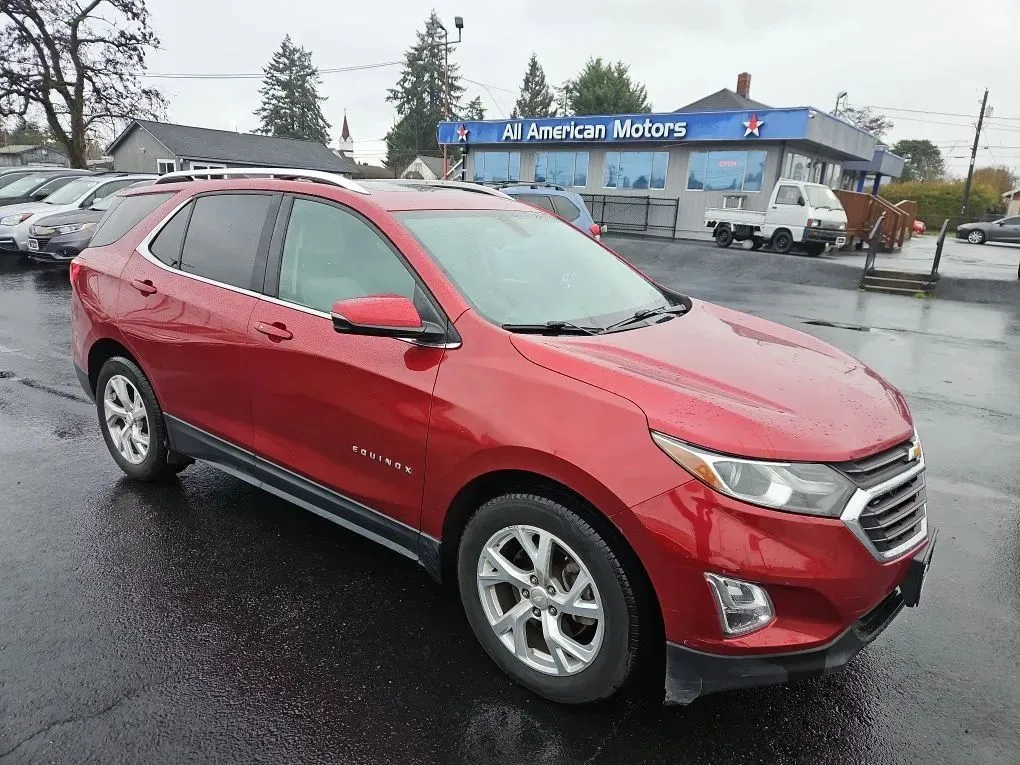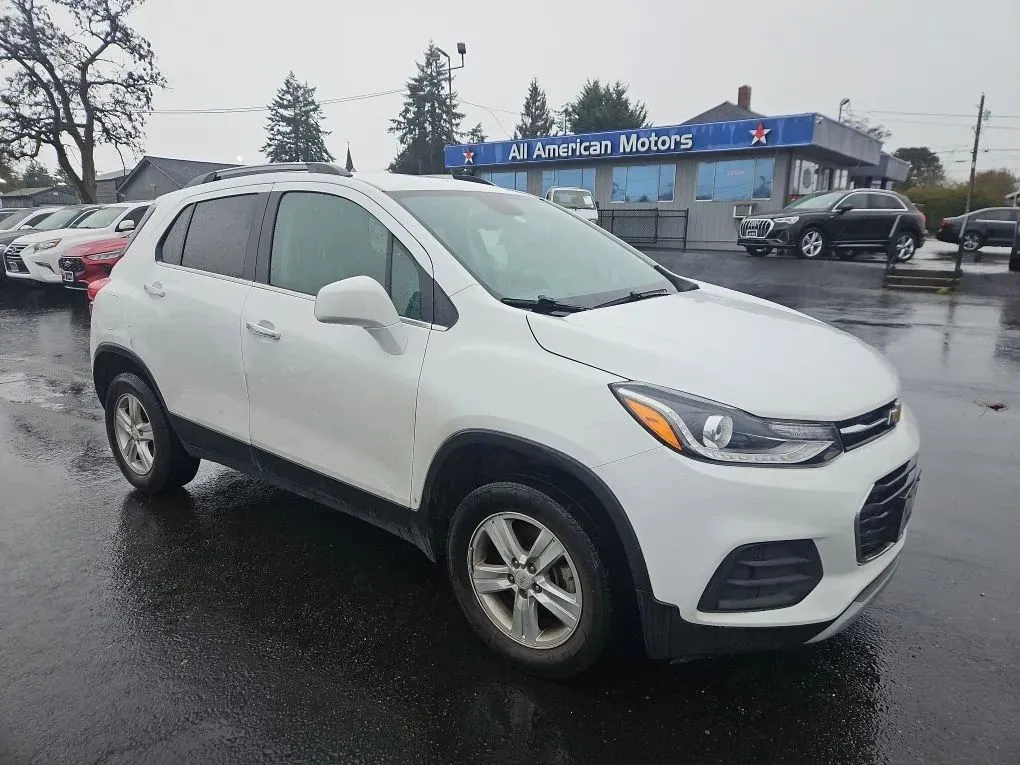Signs Of Alternator Problems In Your Used Truck
When you’re driving your used truck around Tacoma, you expect it to be ready to handle anything the road throws at you. Whether it’s your daily commute, hauling gear, or taking the backroads, your truck’s performance needs to be reliable. One part that plays a huge role in how your truck runs is the alternator. It helps power the electrical system and keeps the battery charged. If it starts failing, other parts can quickly follow.
Spotting signs of alternator trouble early can help you avoid bigger problems. A weak alternator can leave you stranded or cause issues that are expensive to fix. Knowing what to watch out for gives you a chance to take the right action before things get worse. Let’s walk through some clear signs your alternator might not be working the way it should.
Dimming Headlights And Electrical Issues
Your headlights shouldn’t flicker or look dim while driving. If they do, that’s one of the more common signals that your alternator could be struggling. Since the alternator powers your truck’s electrical system, dim headlights usually mean it’s not sending out enough electricity.
This can show up in other ways, too. You might notice:
- Flickering or fading dashboard lights
- Slow power windows or windows that stop halfway
- The radio randomly shutting off or acting strange
- Interior lights losing brightness
- Warning chimes cutting in and out
These are red flags your truck’s electrical system isn’t getting steady power. If this happens when you’re idling but improves as you start driving, that just adds to the odds it’s related to the alternator. The problem may start small, but it usually gets worse over time.
A real-life example of this would be someone driving home late and noticing their headlights look way dimmer than normal. By the time they make it home, their radio cuts out and the dashboard lights barely glow. If that sounds familiar, it’s a good time to get things checked before the truck stops running entirely.
Strange Noises Coming From Under The Hood
Weird sounds are never a great sign, especially when they start showing up out of nowhere. If your used truck starts making high-pitched whining or screeching noises when you turn it on, the alternator belt might be loose or worn out. Another one to watch out for is a grinding sound, which could point to damage in the alternator bearings.
These sounds might not be constant. Sometimes they come and go. But over time, they usually get louder or more frequent. Don’t ignore it. The alternator uses spinning parts and internal bearings, and when these fail, they can lead to parts locking up or breaking.
Pay attention to where the sound is coming from. If it seems like it’s coming from the front of the engine, there’s a good chance it’s connected to the alternator or serpentine belt. Waiting too long to deal with this kind of noise can lead to more than just a weak alternator. It could damage other systems the belt controls, like your power steering or AC.
The main takeaway here is simple: strange sounds aren’t just annoying — they’re signaling something you should take seriously. Nobody wants to have their truck in the driveway with the hood popped open trying to guess what’s wrong.
Frequent Battery Problems
If you’ve had to jumpstart your truck more than a few times lately, you might think it’s just a weak battery. While that’s possible, the real problem can sometimes be the alternator behind it. When the alternator isn’t charging the battery like it should, the battery gets drained fast even if it’s brand new.
Here’s how to spot the difference:
- If your battery is new and still keeps dying, the alternator may not be recharging it
- A truck that runs fine after a jump but dies shortly after could be dealing with bad alternator output
- Dimming electronics after a jump are another clue
A quick way to tell is by watching how your truck behaves after it’s started. If things begin to shut off one by one — radio, lights, gauges — you’re probably dealing with an alternator that isn’t keeping up.
Alternator problems don’t just leave you with a dead truck. They can strain and wear out a perfectly good battery, meaning now you’ve got two problems to fix instead of one. Catching the source of the issue early can save you a lot of time and money down the road.
Warning Lights On The Dashboard
Spotting little lights on your dashboard can feel like decoding a puzzle. But when you see the battery or alternator warning light pop up, it’s often more than just a glitch. These lights serve as an early alert system. The battery light often indicates a problem with the electrical charging system, and since the alternator powers this, the warning is a key pointer.
If the alternator isn't maintaining enough voltage, it’ll often trip that dashboard light. While this warning might seem innocent, ignoring it could lead to some serious headaches. It could be the alternator is having trouble keeping pace with energy demand. If left unchecked, you could find yourself with an engine that won’t turn over due to a drained battery.
Other warning lights like the check engine light can sometimes shed light on alternator issues too. Today’s vehicles are complex, with sensors touching every part of the system. So a failing alternator could trip the main indicator light, letting you know something isn’t quite right.
Always pay attention to these prompts and aim to diagnose any issues sooner rather than later. Silencing dashboard warnings by ignoring them is like covering your eyes and hoping the problem disappears. It won’t, and you might end up sidelined with a truck that won’t cooperate.
Troubles Starting The Engine
One morning you hop into your truck, turn the key, and instead of hearing the comforting roar of the engine, you get an unsettling, struggling sound. Instead of starting smoothly, it cranks awkwardly or won’t start at all. Sometimes, a failing alternator will let the battery drain far enough that you need to jumpstart the truck repeatedly.
Here are ways to spot alternator-related starting issues:
- Engine struggles to turn over or doesn’t start
- Frequent need to jumpstart despite a new or fully charged battery
- Unusual clicking noises instead of a crank
When the alternator is dying, it just can’t supply the charge needed to the battery. A constant need for jumpstarts means your alternator might not be holding up its end of the bargain.
If troubleshooting points towards the alternator, a qualified professional should diagnose and confirm any issues. They can test voltage outputs to get a clear picture of what’s happening. Waiting it out can end with you stuck in your driveway or on the shoulder waiting for a tow.
Keep Your Used Truck Running Smoothly
A healthy alternator is like a good assistant, hardly noticeable when doing its job well. And that’s how you want it. By keeping an eye on symptoms like dim lights, strange noises, dashboard warnings, battery issues, and starting trouble, you can tackle potential problems before they become severe.
Being proactive with your alternator and the overall electrical system will ensure your truck is always ready to roll when you need it. If anything mentioned here rings a bell, don’t hesitate to seek professional support. Catching problems ahead of time can save not only money but also a lot of hassle. Whether you’re cruising through Tacoma or planning a longer trip, maintaining peace of mind while on the road is invaluable.
Ensure your truck stays reliable on the road by addressing issues early on. If you're considering upgrading to a dependable used truck, explore the selection at All American Motors. Discover a wide range of options at our used car dealership in Tacoma to find a vehicle that truly fits your lifestyle. Let us help you drive smoothly through Tacoma and beyond with confidence.

